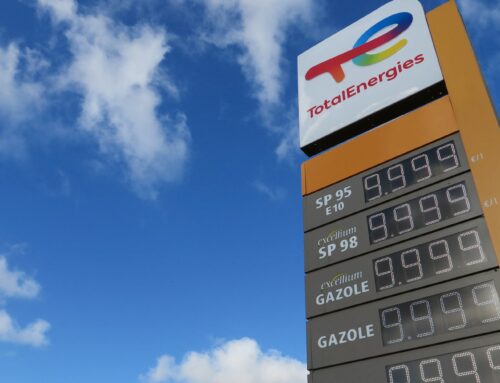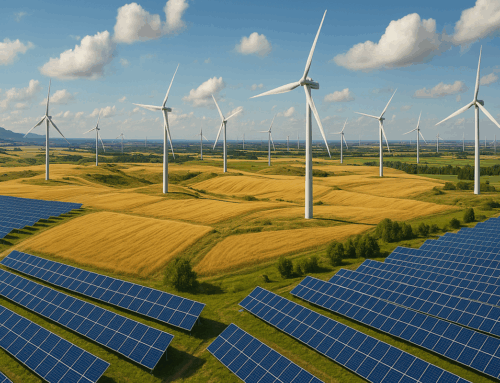KIMM Achieves Breakthrough in Clean Hydrogen Production with Korea’s First 20kW SOEC Syste
September 28, 2025
Newswise — The Korea Institute of Machinery and Materials (KIMM, President Seog-Hyeon Ryu), under the National Research Council of Science and Technology (NST, Chairman Young-Shik Kim), has announced the successful development and demonstration of Korea’s first 20kW-class anode-supported solid oxide electrolysis cell (SOEC) system.
The system achieved more than 3,000 hours of stable, continuous operation with electrical efficiency exceeding 83%, marking a significant step toward the large-scale, cost-efficient production of clean hydrogen. This accomplishment lays the groundwork for the integration of hydrogen production with renewable energy and nuclear power, supporting Korea’s transition to a hydrogen economy and carbon neutrality.
The KIMM research team, led by Dr. Young Sang Kim of the Zero-Carbon Power Research Group, enhanced the system’s efficiency by utilizing external waste heat sources at approximately 200°C.
By converting this waste heat to generate steam, the system reduces the additional electricity required for hydrogen production. Compared to conventional systems that must generate their own steam, this approach improved electrical efficiency by over 10%, while reducing hydrogen production costs by 25% when combined with low-cost electricity from renewable and nuclear energy.
This makes the technology highly suitable for energy-intensive industrial complexes, such as steel and chemical plants, where excess heat is readily available and reducing energy consumption is critical.
The SOEC system is capable of producing 6Nm³ of hydrogen per hour, with an electrical efficiency of 83% (LHV basis) when connected to an external heat source. Compared to existing alkaline and PEM water electrolysis systems, KIMM’s high-temperature SOEC technology reduces electricity consumption by approximately 15% for the same hydrogen output.
During the 3,000-hour continuous operation, the system maintained stable performance under practical industrial field conditions, including unexpected events such as steam supply interruptions and power fluctuations. This demonstration confirmed the reliability and commercial readiness of KIMM’s control and operational technologies.
The research team’s ultimate goal is to lower hydrogen production costs to 3,000 KRW (approximately USD 2.20) per kilogram, accelerating the commercialization of clean hydrogen.
“This is the first time in Korea that anode-supported SOEC technology, previously limited to research at the cell and stack level, has been successfully validated at the full system level,” said Dr. Young Sang Kim, Principal Researcher at KIMM. “By integrating underutilized energy sources such as industrial waste heat, this technology enables high-efficiency, low-cost clean hydrogen production, which will play a vital role in achieving carbon neutrality and advancing the hydrogen economy.”
The project was supported by the Ministry of Trade, Industry and Energy (MOTIE) through the Korea Institute of Energy Technology Evaluation and Planning (KETEP). It was carried out under the project titled “Development of large-area high-efficiency solid oxide electrolysis (SOEC) flat cells, 20kW-class stack modules, and systems.”
The development brought together key organizations and companies, each contributing specialized technologies:
• High-temperature SOEC cells: KCERACELL, Chonnam National University, Jeonbuk National University
• High-performance SOEC stacks: KIER, POSCO Holdings
• High-efficiency SOEC systems: KIMM, GPhilos, BHI, PUREUN TEK ENERGY
Building on this achievement, KIMM plans to develop next-generation ultra-high-efficiency SOEC systems with over 85% electrical efficiency, as well as AI-based diagnostic and lifetime prediction technologies to further improve performance and reliability for industrial-scale applications.
###
The Korea Institute of Machinery and Materials (KIMM) is a non-profit government-funded research institute under the Ministry of Science and ICT. Since its foundation in 1976, KIMM is contributing to economic growth of the nation by performing R&D on key technologies in machinery and materials, conducting reliability test evaluation, and commercializing the developed products and technologies.
Search
RECENT PRESS RELEASES
Related Post




